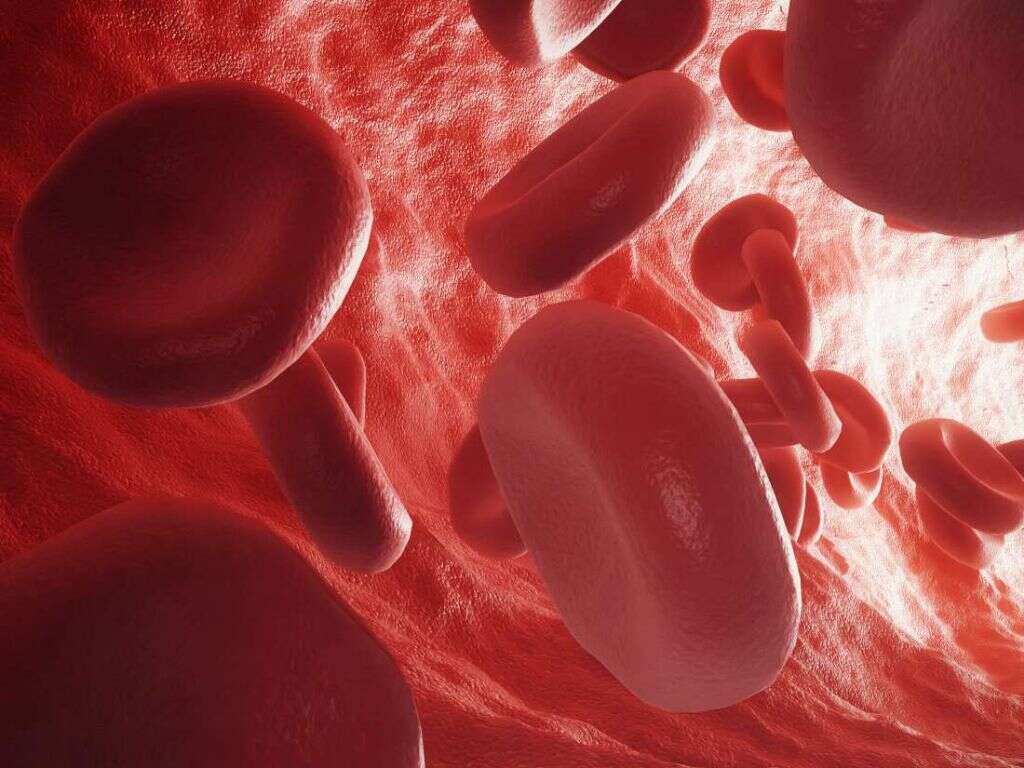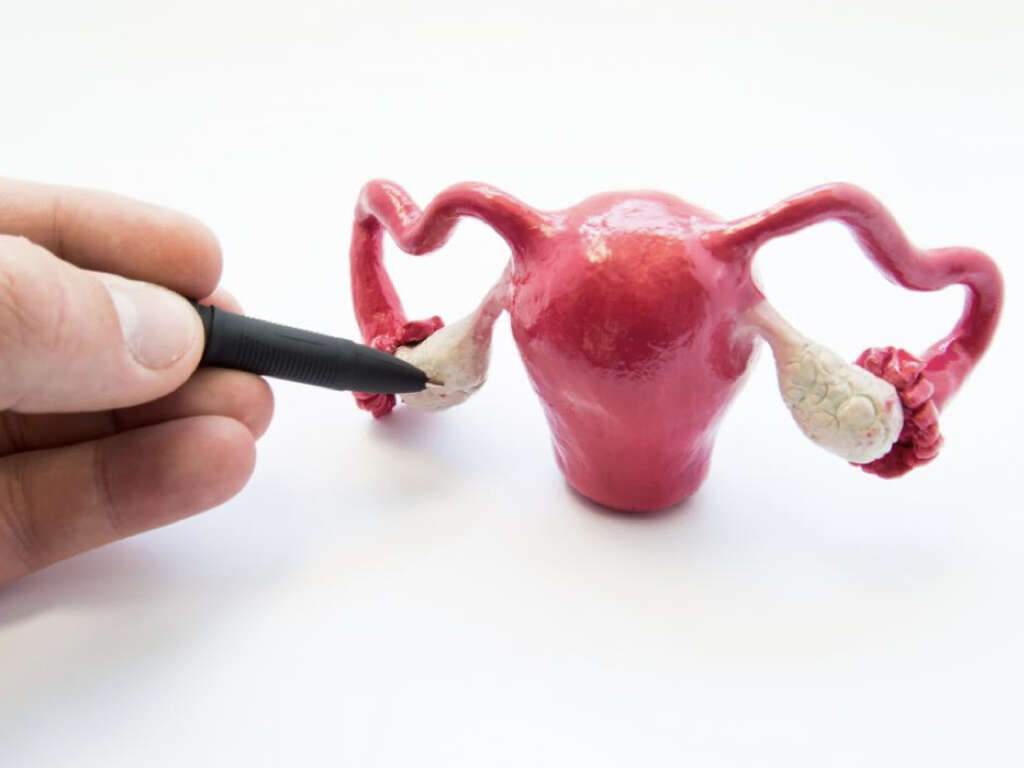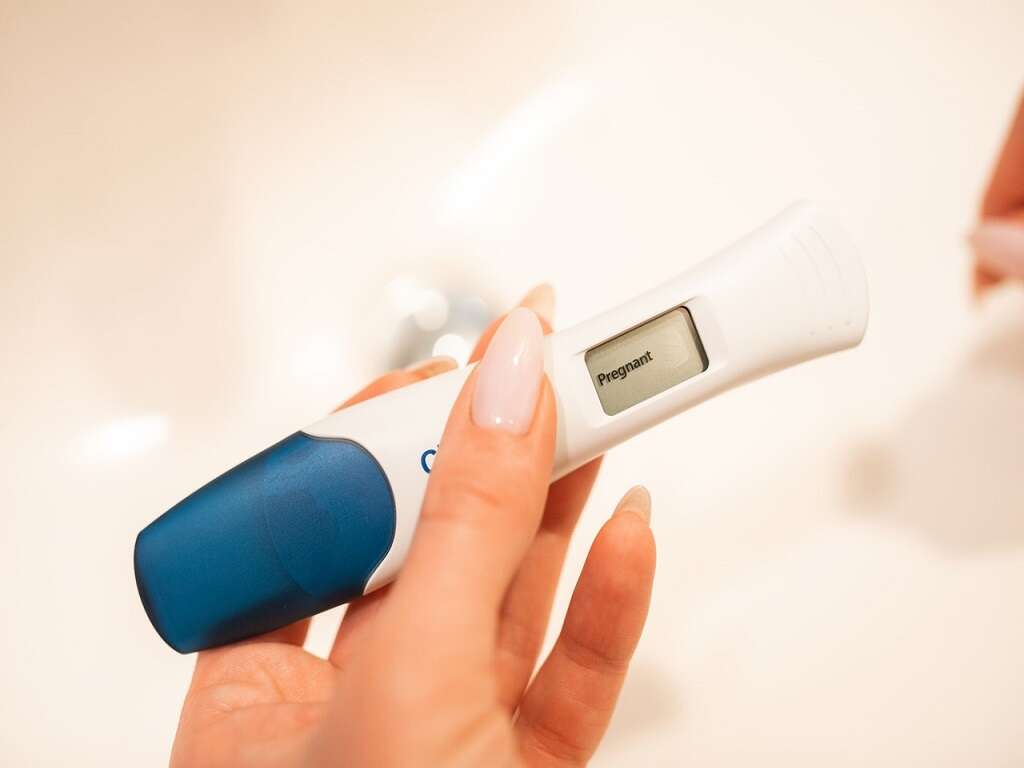10 Signs of A Miscarriage
Miscarriage, the loss of the baby within the first 20 weeks of pregnancy, is a common problem many women face. However, most of the miscarriages occur during the first trimester, or within the first 12 weeks of pregnancy. What could lead to a miscarriage? There are many reasons why a miscarriage occurs and often there is nothing you can do about it. Possible causes of a miscarriage include hormonal imbalance, chromosomal problems, chronic illnesses, uterine problems, high fever, etc.
There are certain factors that increase the risk of having a miscarriage like smoking, excessive alcohol drinking, drug abuse, using certain medications, maternal trauma, advanced maternal age, etc. How can you recognize a miscarriage? 10 common signs of a miscarriage are what follows.

Miscarriage Sign #1: Vaginal Bleeding
The first warning sign of a miscarriage is usually vaginal bleeding. However, it does not necessarily mean that every vaginal bleeding will lead to a miscarriage. Bleeding is quite common during the first trimester of pregnancy when it is just a few spots of blood on the underwear.
On the other side, miscarriage vaginal bleeding progresses from light spotting to something more like a normal menstrual period, accompanied by other signs and symptoms like abdominal cramping, back pain, etc. The color of the blood is bright red, compared to the brownish bleeding during a menstrual period.

Miscarriage Sign #2: Abdominal Cramping
Another common sign of a miscarriage is abdominal cramping. Even though women tend to have contractions and cramping every now and then during pregnancy, cramping because of a miscarriage tends to become progressively stronger and they are accompanied by other signs and symptoms like vaginal bleeding, back pain, a sharp and persistent pain, etc.
Abdominal cramping and contractions during pregnancy are the so-called Braxton-Hicks contractions which occur because of the uterus expanding as the fetus grows and develops each day. These contractions prepare the woman’s body for childbirth when the real time comes. Braxton–Hicks contractions tend to start earlier with each pregnancy.

Miscarriage Sign #3: Sharp and Persistent Pain
Pregnancy is a special period in a woman’s life and there is no surprise that the body will undergo a lot of changes. Aches and pain, along with other signs and symptoms of a pregnancy are common. However, if the pain tends to be sharp and persistent, or if it tends to get worse with hours than it is a great possibility that you might be having a miscarriage. In order to rule out this possibility, you should seek medical help.
If you are not having a miscarriage, then you might be feeling this pain as your uterus expands and the internal organs are being pushed out. Another reason could be because of a bladder infection, a problem that many pregnant women deal with during their pregnancy.

Miscarriage Sign #4: Loss of Pregnancy Symptoms
Common pregnancy signs and symptoms are nausea, morning sickness, tender breasts, tiredness, a frequent need to urinate, etc. Women during pregnancy tend to have all of these symptoms, especially during the first trimester of pregnancy. But, what if these symptoms disappear? For many women, it is normal for pregnancy symptoms to disappear or become bearable after the first trimester of pregnancy has ended. So, this means that a loss of pregnancy symptoms does not necessarily mean something is wrong.
However, on the other hand, when a miscarriage is inevitable, women usually notice an overall difference on how they feel, which usually comes suddenly, sometimes even gradually. Because the placenta stops producing hormones when a fetus dies, it’s normal to feel different and to just know that something is not quite right with the pregnancy.

Miscarriage Sign #5: No Fetal Movements
Feeling your baby inside your womb is one of the most precious moments of the pregnancy. Once you have learned how to distinguish baby movements you will start feeling them more frequently, especially while at rest. As the pregnancy progresses, these fetal movements will become frequent, occurring usually at about the same time of the day or night (because the fetus develops its own routines inside the womb).
Fetal movements are usually felt for the first time between 16th to 25th weeks of pregnancy. In cases of a first pregnancy, usually, fetal movements are felt later, compared to second or any other pregnancies.
But what if fetal movements suddenly stop? You should seek immediate medical help if you have not been feeling your baby moving as it is a sign that something is not quite right.

Miscarriage Sign #6: Absence of Fetal Heartbeat
Hearing the heartbeats of your baby is incredible and one of the most precious moments in life. During prenatal visits, the fetal heartbeats are monitored in order to check if everything is just as it should be. Usually, fetal heartbeats are easily heard by the 10th gestational week during a prenatal visit.
In cases when the doctor can’t hear the fetal heartbeats any more, this is a sign that the baby has died or that the pregnancy never occurred. Ultrasound examinations are the ones that confirm the absence of fetal heartbeat.

Miscarriage Sign #7: Back Pain
Back pain is common during pregnancy, especially as the uterus expands, the fetus grows, and the pregnant woman becomes heavier. However, if back pain is felt more like a sharp, frequent, and recurring pain, rather than abdominal discomfort and backache, it could be a possible early sign of a miscarriage.
Make sure to lay down, drink a glass of water and relax. If the back pain is not getting better, if it is getting worse, or if it is accompanied with other signs and symptoms like abdominal cramping, vaginal bleeding, etc. then seek immediate medical help.

Miscarriage Sign #8: Odd Vaginal Discharge
In cases of a miscarriage, it is normal to have spotting which gradually progresses to heavy bleeding. The blood is usually bright red compared to the brownish blood in cases of menstrual periods. Odd vaginal discharge is also possible besides having vaginal bleeding.
In cases of a miscarriage, it is normal to have a fleshy, gray, or a stringy discharge as well as large blood clots which are a sure sign of a miscarriage.

Miscarriage Sign #9: Opening of the Cervix
In healthy pregnancies, the cervix remains closed until the last few weeks before childbirth, which makes sure that the fetus stays inside of the uterus and protected from the outside world until it is fully developed. In certain cases, the cervix starts opening early, which means that there is a great risk of having a miscarriage.
In order to prevent a miscarriage or a premature delivery, a cerclage is placed. However, if for some reason, the cervix starts opening during the first few weeks of the pregnancy, or never fully closes then the risk of having a miscarriage is really very high.

Miscarriage Sign #10: Pregnancy Test Not Getting Darker
A pregnancy is usually confirmed with a pregnancy test, followed by blood examinations and ultrasound examinations at a doctor’s office. If the pregnancy test is positive, it usually remains that way, and the positive lines on the test just get darker and darker.
But, in cases when the pregnancy test which was once positive is no longer so, could be a sign of a miscarriage or even of an ectopic pregnancy. If you noticed a negative test after having a positive pregnancy test on two consecutive mornings consult your doctor right away.












